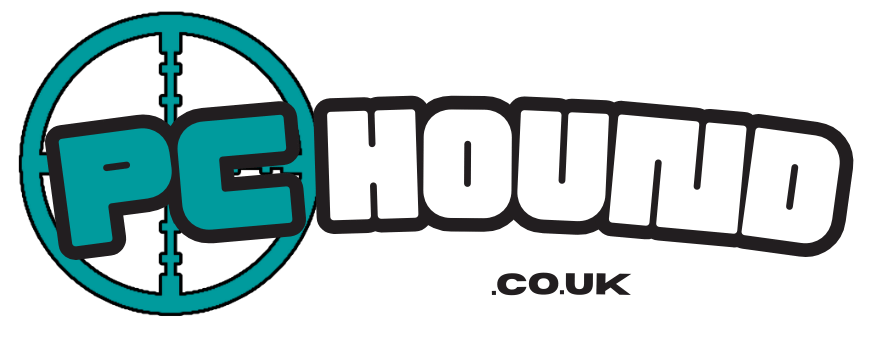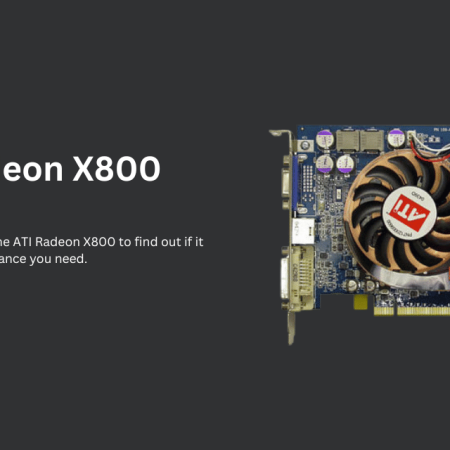Determining the resale value of your used PC may appear challenging. Whether you’re planning to upgrade to a newer model or simply decluttering, it’s crucial to understand the worth of your current setup. The price you can sell your previously owned computer for is influenced by factors such as its specifications and the current market conditions.
This guide aims to shed light on those considerations, offering you a clear path to setting a realistic price for your machine. Let’s embark on this journey together, unraveling the mystery of your PC’s worth in today’s market.
Understanding the Basics of PC Valuation
Evaluating your PC’s worth starts with a thorough assessment of its hardware. Key components such as the CPU, GPU, RAM, and storage significantly influence its value. Generally, the rule is straightforward: the newer and more powerful the specifications, the higher the price you can command. A PC equipped with the latest processor will naturally fetch more than one with outdated technology.
Market Trends and Demand
Your PC’s market value is also swayed by current trends. For instance, if gaming PCs are in high demand and your system boasts a robust graphics card, you might secure a better price. However, if the market is saturated with similar offerings, adjusting your expectations and price may be necessary to attract buyers.
Condition and Presentation
A PC’s physical appearance and condition can greatly impact its resale value. A machine that’s been well-cared for, without visible signs of wear or damage, is more likely to draw higher bids. Highlighting the meticulous maintenance of your PC, along with any included peripherals, can enhance its appeal and overall value.
Pricing Strategies
To set a starting price, reflect on your PC’s original cost and how its value has depreciated. A common strategy is to begin at about 50% of the original price, then adjust based on the aforementioned factors. Researching the going rates for similar models on online marketplaces can provide valuable insights.
Enhancing the Value
Consider minor upgrades or enhancements to boost your PC’s appeal. Simple additions like extra RAM or a newer graphics card can increase its marketability. Ensuring the machine is clean, both externally and internally, and that all software is updated can also add to its value.
Where to Sell
Choosing the right platform is key. Online marketplaces, tech forums, and local classifieds offer various audiences for your listing. Tailor your approach based on the platform to maximize your chances of a successful sale.
Negotiating the Sale
Expect some haggling. Setting your asking price a bit higher than your absolute minimum can give you some negotiation room. Be upfront about any imperfections to prevent disputes and ensure a smooth transaction.
Transfer of Ownership
Finalizing the sale involves more than just handing over the PC. Securely erase your personal data and, if applicable, provide the buyer with the necessary software licenses or recovery tools.
Avoiding Scams
Exercise caution to avoid scams. Opt for secure payment methods and verify payment before shipping. For local transactions, meet in a public place and consider safety measures.
Conclusion
Selling a used PC involves a nuanced understanding of its specs, the current market, and strategic pricing. By considering these aspects, you can set a fair price and connect with the right buyer.
FAQs About Selling Your Used PC
How do I find my PC’s specs?
Check system settings or use diagnostic tools for a detailed overview.
Should I upgrade my PC before selling?
Minor upgrades can be beneficial, but weigh the cost against potential value increase.
How can I protect my data?
A factory reset or a fresh OS installation can secure your data.
Can I sell a damaged PC?
Yes, but be clear about its condition and adjust the price accordingly.
Should I Sell whole or in parts?
Selling whole is generally easier, but parting out may maximize return for high-demand components.
Can I sell a damaged PC?
Yes, but be clear about its condition and adjust the price accordingly.
How to price competitively?
Research similar models online and adjust based on your PC’s specifics.
What’s the safest payment method?
Cash for local sales; secure platforms like PayPal for online transactions.








No Comment! Be the first one.